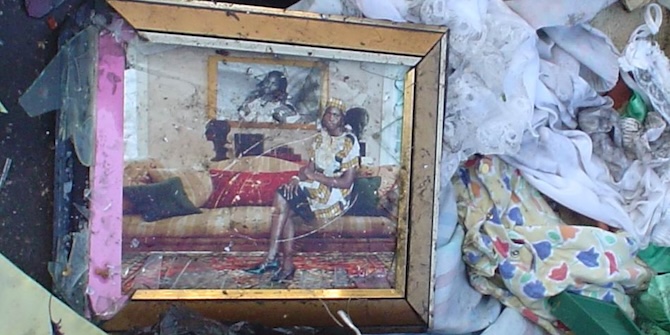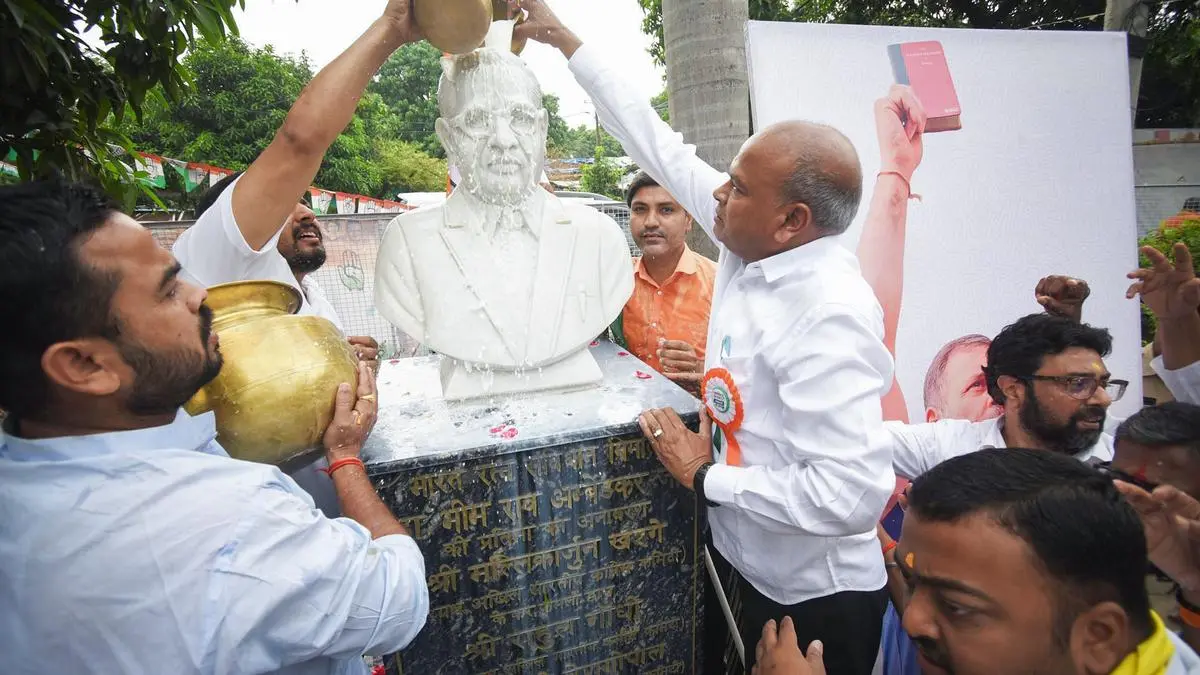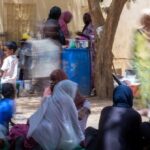By deana Safarini

‘A refugee should not have to have a passport; A refugee should not have to do any of the things that have required to make the leg. But that’s what happened. “– This moving declaration of a key interviewee encapsulates the harsh realities facing Sudanese refugees fleeing to Egypt. Since the conflict broke out in Sudan in April 2023, around 3.5 million people have sought refuge in neighboring countries, and Egypt organized almost 35% of them according to the IOM. But the trip to security is full of danger, and life in Egypt presents its own set of challenges.
The dangerous trip to Egypt
Just at the border, refugees face bureaucratic obstacles. Egypt, once a shelter for Sudanese citizens, has imposed strict requirements, forcing families to separate and wait weeks in terrible conditions. Many resort to smugglers for despair, just to face greater exploitation. The situation is especially serious for non -Sudanese refugees, who lack linguistic skills or resources to navigate the thesis challenges.
Life in Egypt: A struggle for survival
Once in Egypt, refugees find a new set of obstacles. The economic crisis of the country, marked by the haughtily inflation and inempleant, has made life difficult for both Egyptians and refugees. Many Sudanese professionals cannot obtain work permits, which forces them to informal jobs with bad salaries and exploitation conditions. Children are often taken from school to work in dangerous environments or beg in the streets, exposing them to abuse and traffic.
Refugees also face significant barriers to access basic services. While Egypt has a long history of refugee accommodation, the current influx has exceeded existing systems. Many refugees struggle to register in UNHCR, either due to erroneous concepts about the process or the lack of immediate benefits. Those who are recorded in face delays to receive assistance, leaving them depending on NGOs and overloaded community organizations.
High risks of traffic and exploitation
The combination of displacement, economic difficulties and limited legal protections has left refugees highly vulnerable to traffic and exploitation. Women and girls run the risk of gender violence, including forced Marias and sexual exploitation. Seasonal brown, where women are married for short periods in exchange for money, have become increasingly common. These arrangements, or involving minor girls, are not legally recognized and do not offer protection to women involved. Other organizations noticed an increase in cases of forced labor in specific sectors, such as mining and domestic work. There were also accusations of an increase in traffic of the organization.
The tension in service providers
Service suppliers in Egypt are struggling to meet the growing needs of refugees. The shortage of financing, the bureaucratic restrictions and the scale of the crisis have left many excessive organizations. Organizations led by refugees, who play a crucial role in supporting their communities, of operating informally due to legal and financial limitations. This limits its ability to provide essential services, from housing and medical care to psychosocial support.
Stigma and discrimination further complicate efforts to help refugees. Many refugees are reluctant to inform violations due to the fear of reprisals or distrust of the authorities. Police are often considered unfriendly, and the process of presenting a complaint can be stigmatizing and discriminatory. This leaves many refugees without access to justice, even when they are exploited by owners, employers or traffickers.
Recommendations
The crisis in Sudan has created a humanitarian emergency that extends far beyond its borders, exerting immense pressure on the country such as Egypt and organizations that work to support refugees. Despite excessive challenges, service providers, including refugee organizations, have been in the memory of efforts to protect and help survivors of trafficking and exploitation. These organizations play a vital role in filling the gaps in services, from providing psychosocial support and legal assistance to secure housing and Livesi hood opportunities.
However, their efforts are severely limited by limited funds, bureaucratic obstacles and the large scale of the crisis. The recent pause on USAID funds has further exacerbated thesis challenges, leaving many organizations struggling to meet the growing needs of refugees. To address this, service providers requested support to strengthen coordination between them, improve reference mechanisms for traffic cases and ensure that they can address the growing field needs.
The international community must intensify their efforts to support these organizations, not only through an increase in financing but also through associations by improving their ability to provide effective services. By investing in initiatives led by refugees and strengthening collaboration between interested parties, we can ensure that trafficking survivors and exploitation receive the comprehensive support they need to reconstruct their lives in safety and dignity.
The stories of Sudanese refugees in Egypt are a marked reminder of the human cost of the conflict. They also highlight the resilience and determination of service providers who continue to work tirelessly in the face of immense challenges. It is imperative to amplify their efforts and provide them with the resources and support necessary to create a more just and equitable response to this crisis.
This piece It is part of a series that addresses the conflict, as well as other subjects related to Suran, such as employment, forced displacement, gender, humanitarian needs, migration and political participation.
[To read more on this and everything Middle East, the LSE Middle East Centre Library is now open for browsing and borrowing for LSE students and staff. For more information, please visit the MEC Library page.]













